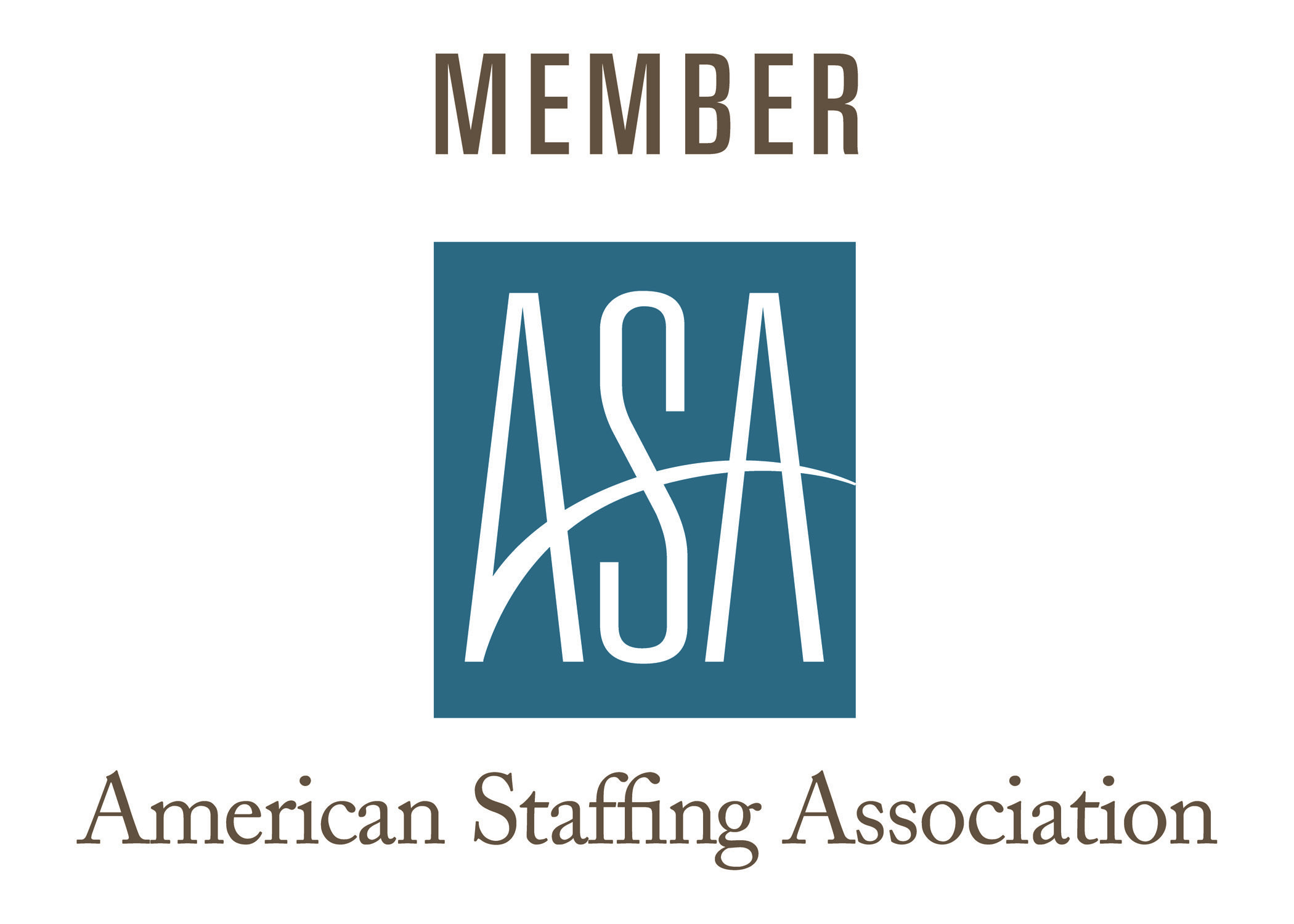A dental receptionist is often the first person a patient meets when they walk into a dental office. As the first point of contact, the dental receptionist’s role is crucial in shaping the patient experience and ensuring the office runs smoothly. According to the U.S. Bureau of Labor Statistics, demand for receptionists, particularly in healthcare settings, remains steady, with thousands of openings projected each year. In the ever-evolving dental industry, the role of dental receptionists remains increasingly important.
This guide serves both aspiring professionals looking to launch their careers at the front desk and experienced receptionists eager to advance into more specialized roles within the dental field. It explores the job description, responsibilities, essential skills, and career growth opportunities within and beyond the front office.
Understanding the Role of a Dental Receptionist
The dental receptionist’s role is more than just greeting patients. It requires a blend of administrative skills, interpersonal abilities, and knowledge of dental terminology. The receptionist is often the first point of contact for patients, setting the tone for a successful dental experience.
Responsibilities of a Dental Receptionist:
- Schedule appointments and confirm patient bookings
- Manage patient records, ensuring HIPAA compliance
- Handle billing and work with dental insurance claims
- Coordinate communication between patients and the dental team
- Maintain the front desk and ensure the office is running smoothly
These responsibilities of a dental receptionist support the entire dental staff, allowing dental professionals such as dentists, hygienists, and assistants to focus on clinical care.
Essential Skills Required:
To succeed in this role, a receptionist must possess:
- Strong communication and customer service skills
- Excellent organizational skills and attention to detail
- Basic computer skills and proficiency in dental office management software (e.g., Dentrix, Open Dental)
- A working knowledge of dental procedures and terminology
- The ability to multitask in a busy work environment, the dental front office
Becoming a Dental Receptionist
To become a dental receptionist, mastering the following steps can set you apart and prepare you for success in the dental front office:
- Earn a High School Diploma or GED
This is the minimum educational requirement for most dental receptionist positions in the United States. - Gain Relevant Training
Enroll in administrative or customer service programs at vocational schools or community colleges. Courses in medical office administration, communication, or dental terminology can enhance your qualifications. - Gain Entry-Level Experience
Seek entry-level positions in dental offices or other healthcare settings to build foundational experience. Working with a staffing agency like Verovian Dental Recruitment can provide access to early career opportunities. - Pursue Additional Certifications
Although not always mandatory, certifications such as CPR, HIPAA compliance training, and proficiency in dental practice management software (e.g., Dentrix or Eaglesoft) can significantly improve your employability.
Career Advancement Opportunities Beyond the Front Desk
Working as a dental receptionist can be the foundation for multiple career paths. These paths can be administrative and clinical.
Administrative Roles:
Office Manager
An office manager oversees daily operations, supervises front desk staff, manages treatment plans, monitors billing, and ensures regulatory compliance. This role typically requires a high school diploma, front office experience, and healthcare management certification. Salaries range from $42,000 to $76,000 annually.
Treatment Coordinator
A treatment coordinator bridges the gap between patient care and administration. They present treatment plans, explain insurance coverage, schedule appointments, and support patient understanding. Candidates usually have a background in reception or assisting, strong communication skills, and familiarity with dental plans. Salaries range from $36,000 to $62,000 annually.
Insurance and Billing Specialist
This role involves managing the financial and insurance functions of the dental office. Responsibilities include filing insurance claims, coding treatments, billing patients, and communicating with providers. This role typically requires experience in dental billing, CDT coding knowledge, and relevant certifications. Salaries fall between $37,000 and $74,000 annually.
Clinical Roles:
Dental Assistants
Dental assistants support dentists during procedures and help maintain a smooth clinical environment. Duties include preparing instruments, taking X-rays, and providing post-care guidance. Complete a 9-12-month CODA-accredited program, obtain CPR certification, and meet state licensing requirements. Salaries range from $36,000 to $62,000 annually.
Dental Hygienists
Dental hygienists focus on preventive care and oral health education. Responsibilities include cleanings, screenings, fluoride treatments, and patient documentation. Becoming a hygienist requires a 2- to 3-year associate degree, passing the national board exam, and state licensure. They typically earn between $76,000 and $112,000 annually.

Tips to Advance Your Career as a Dental Receptionist
Take courses in dental administration.
- Improve your skills in dental insurance and billing.
- Stay updated on industry trends.
- Attend dental networking events.
- Learn additional office software.
- Seek mentorship from experienced staff.
These steps position you for advancement and make you a valuable asset in any dental office.
Frequently Asked Questions (FAQs)
Q1: Do I need a college degree to become a dental receptionist?
No. A high school diploma or GED is sufficient, although specialized training in dental administration is highly recommended.
Q2: What areas have high demand for dental receptionists?
Metropolitan regions with growing populations, such as Los Angeles, New York City, and Dallas.
Q3: What is the difference between a dental receptionist and a dental assistant?
A dental receptionist focuses on administrative duties like scheduling and billing. A dental assistant supports clinical care by helping with procedures and patient preparation.
Q4: Is it possible to take up both dental receptionist and dental assistant duties?
Yes, in smaller dental offices, one person may handle both roles. However, assistant duties typically require training and certification.
Conclusion
Dental receptionists play a pivotal role in the functioning of a dental practice. With the right blend of administrative and communication skills, this role serves as a launchpad to a successful dental career. Whether you stay at the front desk or move into clinical or management roles, your contributions remain essential to the patient experience and the overall success of the dental office.
Launch Your Dental Career with Verovian
Verovian Dental Recruitment Agency connects aspiring dental receptionists with top dental offices across the U.S. Whether you're starting or seeking career growth, we help you find the right opportunity to succeed. Take the first step toward your dental career—join Verovian now.




